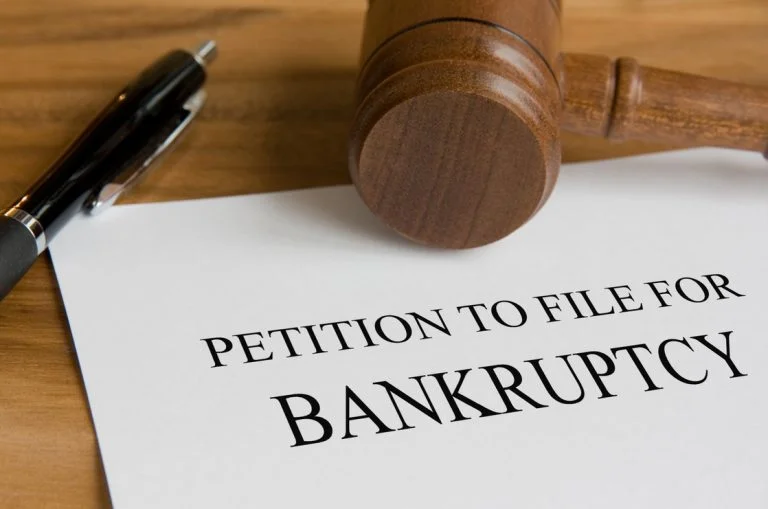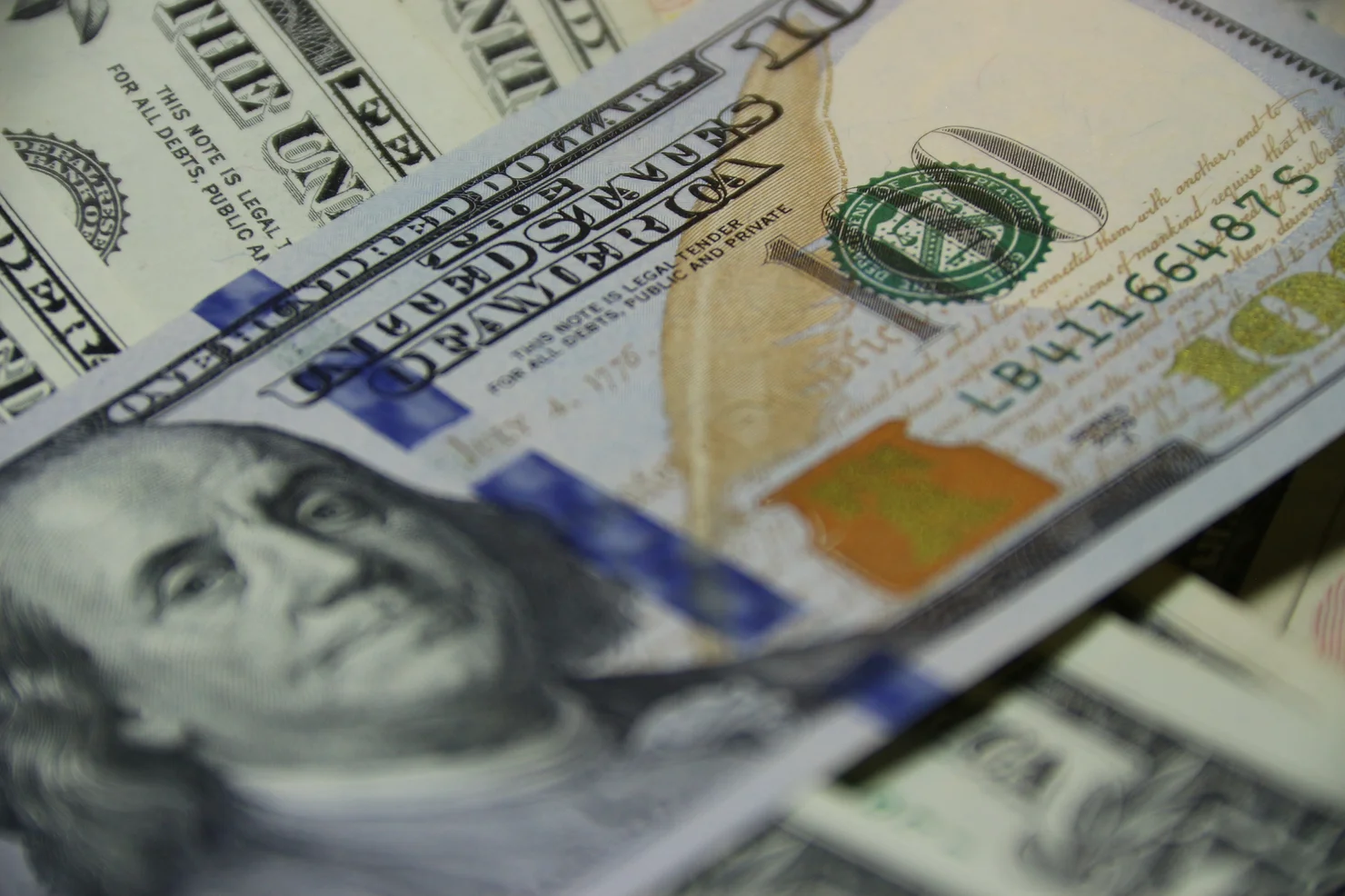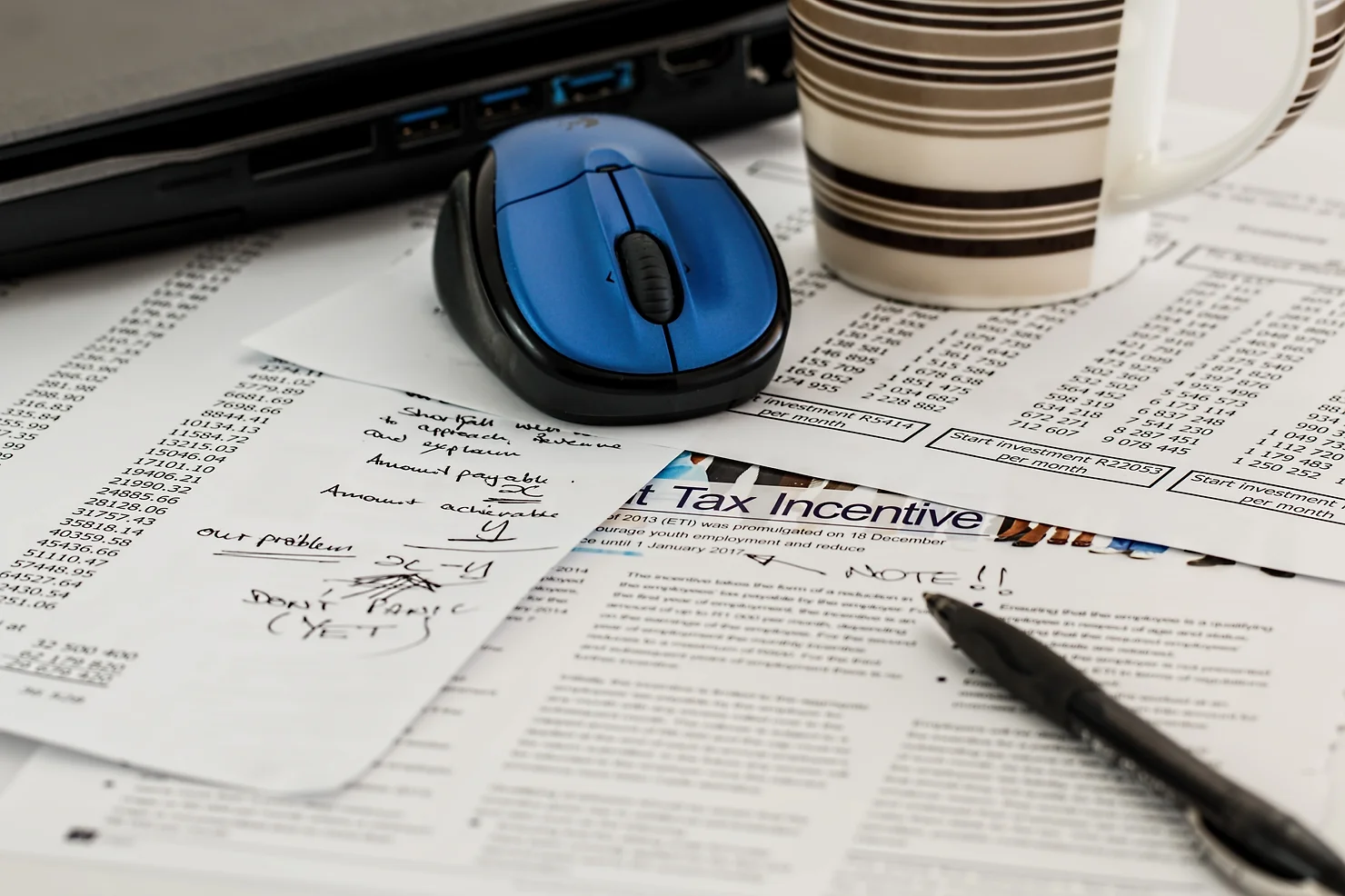It happens. Debt can pile up after something unexpected happens such as an illness, a layoff, or divorce and it feels as if you are being punished for years without proper debt management. Bankruptcy can sound scary but the good news is that filing for bankruptcy is not the end of your financial life.
Unfortunately, bankruptcy will not clear away secured debts, meaning you may lose your car, your house, and anything else that has a lien on it. However, there are ways to keep your property or car when filing, if done correctly. Bankruptcy will not free you from alimony, child support, student loans, taxes or other legally-protected obligations. What it will do, however, is clear your unsecured debts. Unsecured debt is debts including credit card bills, medical bills, phone bills, etc. An important note to be aware of: running up debt leading to a bankruptcy is fraud and these deceitful debts will be given legal status and require repayment.
Most people will be placed under Chapter 7 or Chapter 13. In a Chapter 7 bankruptcy, non-exempt assets are sold to pay off a portion of unsecured debts and then most of the rest is forgiven. Some common Nevada exemptions include a Homestead, personal property, motor vehicle, public benefits, retirement accounts, and benefits, and/or tools of the trade (farming equipment, etc.). Chapter 13 is a court-ordered repayment plan. The plan is designed so that the debtor pays back as much as possible to the lenders. Any debt that cannot be paid off at the end of a three- or five-year period is forgiven. The advantage is that you don’t lose possessions as long as you can meet the requirements of the repayment plan.
Once your bankruptcy has been filed, the calls from collection agencies will stop. After filing, you’ll be required to visit a credit counselor and attend creditor courses. When your bankruptcy is finalized you will begin your repayment plan under Chapter 13 or your fresh start under Chapter 7. The bankruptcy will remain on your record for seven to 10 years, making it difficult to get most forms of unsecured loans. It will also result in higher interest rates when you get a secured loan. If you’re like the majority of people who file for bankruptcy, this will be a small price to pay to be finished with the crisis that brought the bankruptcy on.
The good news is that the worst is over – now it’s time for you to start building your personal finances anew.




